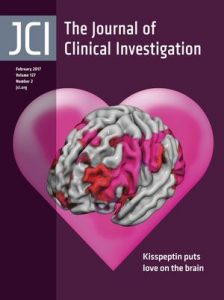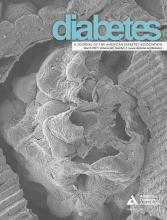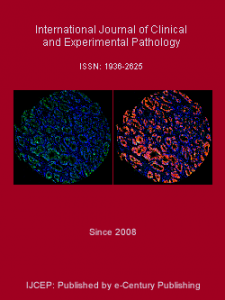 A pathology journal has retracted a 2015 paper from researchers in China after concluding the authors had falsified and copied some of the data and text.
A pathology journal has retracted a 2015 paper from researchers in China after concluding the authors had falsified and copied some of the data and text.
According to the notice, a “knowledgeable informant” told the journal about the overlap and “fraudulent” aspects of the paper, which the editors were able to confirm. The journal retracted the paper last month.
Here’s the retraction notice for “Genistein attenuates glucocorticoid-induced bone deleterious effects through regulation Eph/ephrin expression in aged mice:”
Continue reading “Knowledgeable informant” outs researchers for falsifying data
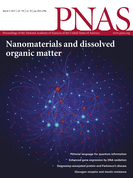
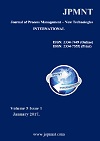 Here’s something we haven’t seen before: A journal based in Serbia recently began listing all the articles it has retracted, all due to plagiarism.
Here’s something we haven’t seen before: A journal based in Serbia recently began listing all the articles it has retracted, all due to plagiarism.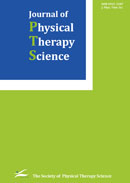
 Researchers have retracted two 2016 papers from the same journal which were published without the permission of the supervising scientists.
Researchers have retracted two 2016 papers from the same journal which were published without the permission of the supervising scientists.
